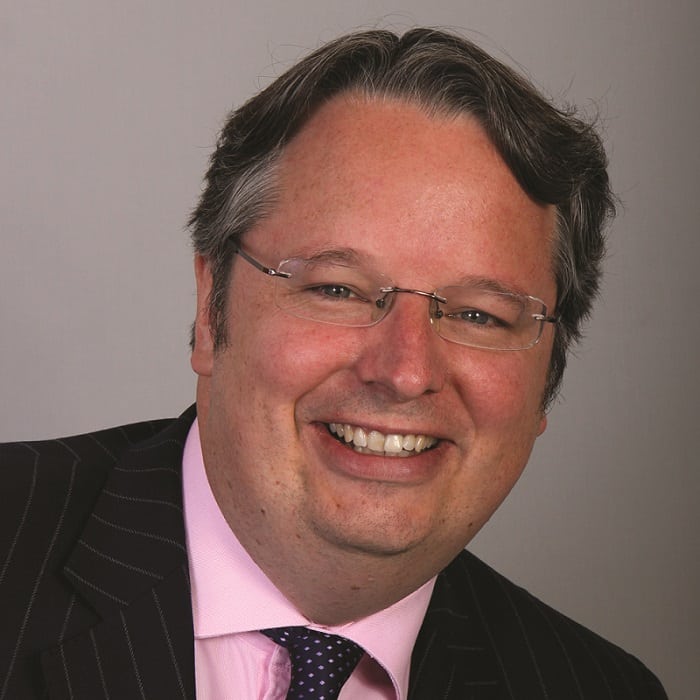Speaking at the Investec Asset Management 2018 outlook, John Stopford (pictured), Investec’s head of multi-asset income, confirmed the investment house as a whole was “probably running about two thirds of the risk we were running about six months to a year ago”.
The risk of a hard Brexit, a hard landing in China which spooks markets, a sour market reaction to the draw down of quantitative easing, Trumpian-style protectionism, North Korea and, to a lesser extent the Italian election, are among the key risks for 2018 the team identified on Tuesday.
Although these events might not be likely, “they are sufficiently probable and would have a sufficiently big impact” on markets if they were to happen, Stopford said, which is why the team is preemptively becoming more cautious.
One of the most attractive defensive positions for the team currently is the Japanese yen.
“The yen for us presents a very sound, defensive asset,” said Michael Spinks, co-head of multi-asset growth. “It’s a very cheap currency” made more appealing by the fact “Japan is exhibiting very strong underlying fundamentals”.
Even though the yen might seem to be vulnerable to a North Korean threat, which the team is not discounting, Stopford believes the currency will hold up.
Historically, “if you look at something like earthquakes where you have had significant infrastructure damage because Japan is a net saver and has exported a lot of those savings overseas, ironically what tends to happen is they bring that money back to rebuild which pushes the yen up”.
Rather, Stopford and co think the South Korean won would take the biggest hit in the event of North Korean aggression, which is one of the reasons why they are shorting the currency and going long yen.
“We’re buying cheap protection that the yen moves up, we think its crash protection against equities, but if the yen goes down we’re not exposed to that.”
“Optionality is as cheap as it has ever been, so why not buy insurance?”
Down with corporate debt
Stopford has also recently significantly reduced his exposure to corporate credit, high yield in particular. Whereas two-to-three years ago he had 30% exposure to high yield, now, that figure is closer to 8%.
Instead he prefers longer dated US treasuries, as well as the higher yielding Canadian, Australian and New Zealand government bonds.
As for equities, he has been seeking out resilient businesses with healthy balance sheets and strong underlying cash flows that will be able to withstand the unrelenting uncertainty around Brexit and a potential market downturn.
Miners like Rio Tinto and the Australian headquartered firm South32 fit the bill, benefiting from the commodities recovery and improving cost management, as do traditional consumer staples like tobacco and pharma companies.







